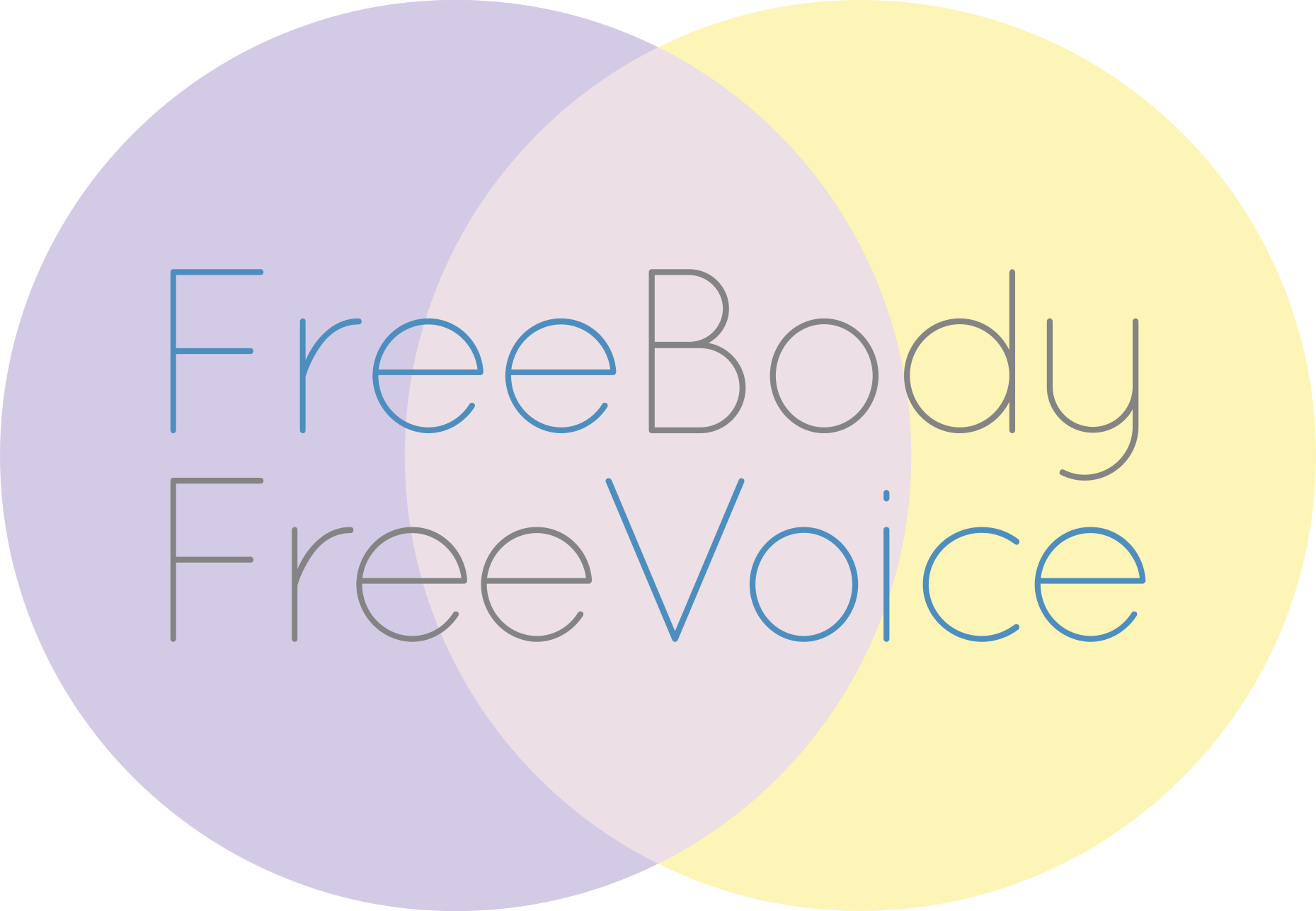Aborting my secret mission
An enormous and almost universal misconception about the Alexander Technique has most of us AT teachers performing a "secret mission" as we go about our teaching. Let me finally set the record straight: our work is not principally about improving posture.
Let me repeat: THE ALEXANDER TECHNIQUE IS NOT PRINCIPALLY ABOUT IMPROVING POSTURE!
The misconception arises, I think, because we use postural awareness as the raw material for our explorations in the Technique. So the AT is about posture in the same way that sculpture is about marble. Not exactly false, but hardly the complete story.
I have written an article for Classical Singer magazine in which I explain some of the true benefits of the AT. I will post this article in sections on my blog over the next few days, but I wanted to explain first what inspired me to write it.
I teach the Alexander Technique because it is a powerful tool for self-exploration and for creating change—virtually any kind of change—in people's lives. It teaches people a whole new way of approaching life and a whole new way of thinking more productively. The Alexander Technique fosters health, better interpersonal communication, and the unleashing of creativity.
Can you see why I get frustrated when people call this astonishingly widely applicable resource "posture and alignment work"? My improved posture is great, but only the tip of my AT iceberg. (OK, that metaphor didn't work as well as I'd hoped.)
Anyhow, the secret mission of the AT teaching community is this: All over the world, people have come to us to have their posture improved. School administrators everywhere have hired us onto their performing arts faculties in order that we might "align" their students properly. (Don't you, after all, admire your favorite performers because of their exemplary alignment?) But as soon as nobody's paying attention, we surreptitiously begin our TRUE mission. We begin to teach you how to change your thinking in order to improve all aspects of your life.
I, for one, would like to out myself and publicly accept this role, which sounds to me much more imposing than "postural technician." The article you will see posted during the coming week is my first move in correcting the misconception so all of us teachers can more easily get on with our true work. . .out in the open.
